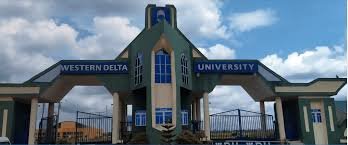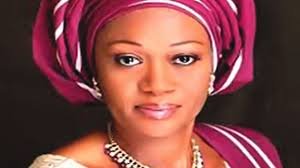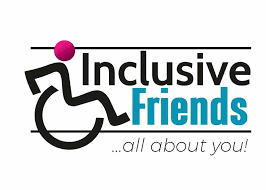The German Consulate in Lagos has implemented a project, which has reportedly promoted the economic empowerment and inclusion of women with disabilities. The project focused on “#empoweringwomen with disabilities for economic self-reliance through fish farming,” was implemented in Ede, Osun State.
A post on the Consulate’s Facebook page indicated that the project was funded through the Small Scale Project Funds of the Consulate. The initiative was commissioned by the Economic Officer, Mr. Schindelarz, in collaboration with the partner-NGO, Eminent Charitable and Humanitarian Foundation, represented by Mr. Adefemi Sharaf.
Many learned findings show that women with disabilities in Nigeria often face numerous challenges, including social stigma, discrimination, and limited access to economic opportunities. According to the World Health Organization (WHO), the prevalence of disability among women in Nigeria is estimated to be around 6.3%, with many facing barriers to education, healthcare, and employment.
Through the fish farming project, the German Consulate and its partners stressed that their aim is to address these challenges by equipping women with disabilities with the necessary skills and resources to engage in a sustainable livelihood. As a result, many women with disabilities in the Ede community have been educated and supported in raising and selling approximately 300 large fishes, creating a sustainable income stream for this marginalized group.
Mr. Schindelarz, expressed his satisfaction with the project’s impact, said, “This project has not only provided these women with a source of income but has also empowered them to become self-reliant and contributing members of their community.”
ALSO READ: Army Researchers Give Recommendations On Roads, Electricity, Deterrence
The initiative, according to the Consulate, aligns with the United Nations’ Sustainable Development Goals (SDGs), particularly Goal 5: Gender Equality, Goal 8: Decent Work and Economic Growth, and Goal 10: Reduced Inequalities.
The fish farming project not only empowers women with disabilities but also contributes to the rapidly growing aquaculture sector in Nigeria. According to the Food and Agriculture Organization (FAO), aquaculture plays a crucial role in addressing food security and promoting economic development in the country.
By engaging women with disabilities in this sector, the initiative aligns with the Nigerian government’s efforts to promote inclusive growth and sustainable development. It has also been pointed at as a good demonstration of the potential for collaborative efforts between international organizations, NGOs, and local communities in addressing social and economic challenges.































